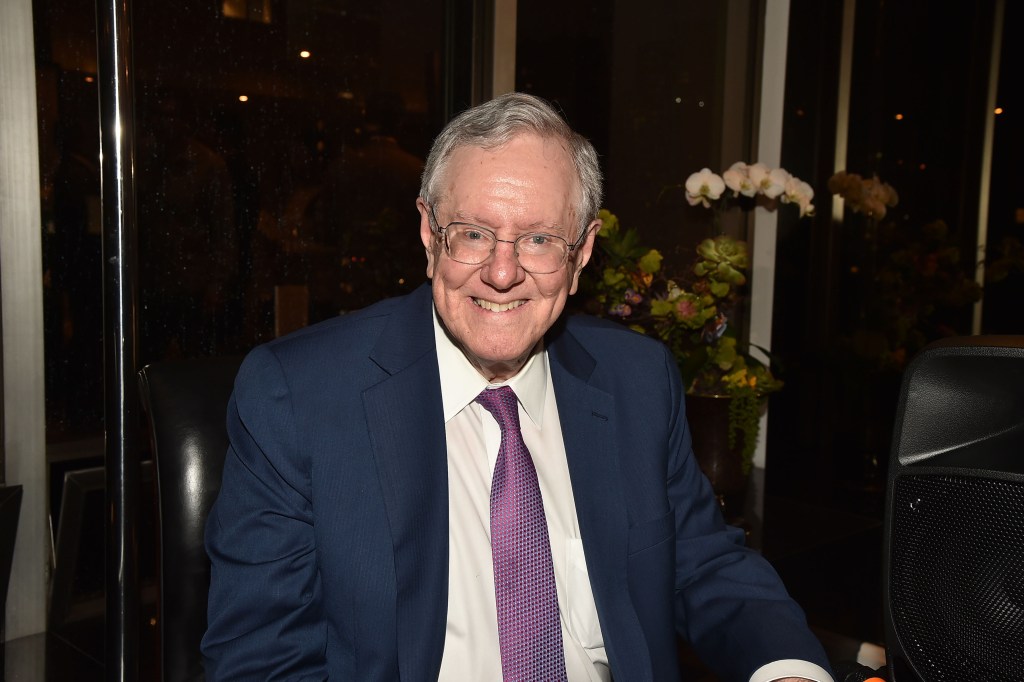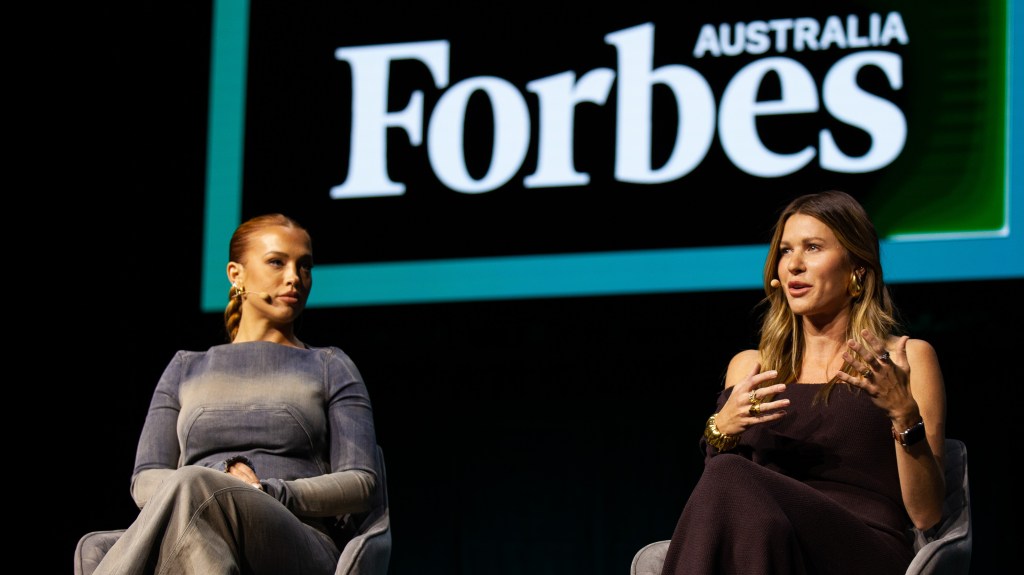Steve Forbes, Chairman and Editor-in-Chief of Forbes, calls for currency and tax reforms to fight runaway prices in a video address at the Forbes Australia Business Summit 2022.

Forbes chairman and editor-in-chief Steve Forbes has called on central banks around the world to desist from their policies of raising interest rates to fight inflation and to use currency manipulation instead.
Opening the inaugural Forbes Australia Business Summit via videolink, Forbes said Australia was uniquely placed to tackle forecast economic difficulties and launch into a new era of prosperity.
“I will offer some unsolicited advice and that is that you should take this opportunity – I know your central bank won’t like it – but you should reduce tax rates like we did in the early 1980s and also do some more deregulation,” he told the Forbes Australia Business Summit at Sydney’s ICC, in Darling Harbour.
“But anyway in terms geopolitical influence, in terms of economic influence, I think Australia’s best days are ahead. And you’re going to play a more critical role in creating an environment where economies can move forward with a feeling of security.”
Forbes, who ran for president of the US in the Republican primaries of 1996 and 2000 on a platform focussed on a flat income tax, said tax reform was critical to beating inflation, but so too was manipulating exchange rates.
“The next few months are going to be a difficult time in the world. Our central bank, the Federal Reserve, and other central banks around the world believe you fight inflation by depressing an economy,” Forbes said.

“You fight inflation by stabilizing the value of a currency, like the dollar, instead of depressing an economy.”
He said the Federal Reserve was “artificially” raising interest rates, “not realising that there’s a simpler way to fight inflation – by stabilising the value of the dollar – which it did from the mid-1980s to the late 1990s.”
He predicted a crash in the value of the yen because Japan was holding its interest rate “artificially low” and that there would be great economic volatility in the months ahead.
“However, I think the turbulence is going to create conditions for real reforms in my country. I think you’re going to see a real movement for tax cuts. You see it on the state level. I think you’re going to see a change in the Federal Reserve.”
With the volatility in exchange rates, Forbes predicted a return to something like the 1985 Plaza Accord, in which the G5 nations – France, Germany, the UK, US and Japan – manipulated exchange rates by depreciating the US dollar relative to the yen and Deutsche mark in order to correct trade imbalances.
“I think you’re going to see something like that which we might call Plaza 2.”
He said that countries were facing a severe shakeout from the zero interest rate policies of recent years. “I think you’re going to see a lot of companies get in trouble, too. A lot of companies were able to borrow to keep themselves alive even though they couldn’t make a profit. Everyone was saying: ‘We’re the next Amazon. We can lose money for a while. We’ll make it up in future profits.’ That happens in a few cases but not most.”
Further reading
Coverage of the Forbes Australia Business Summit 2022